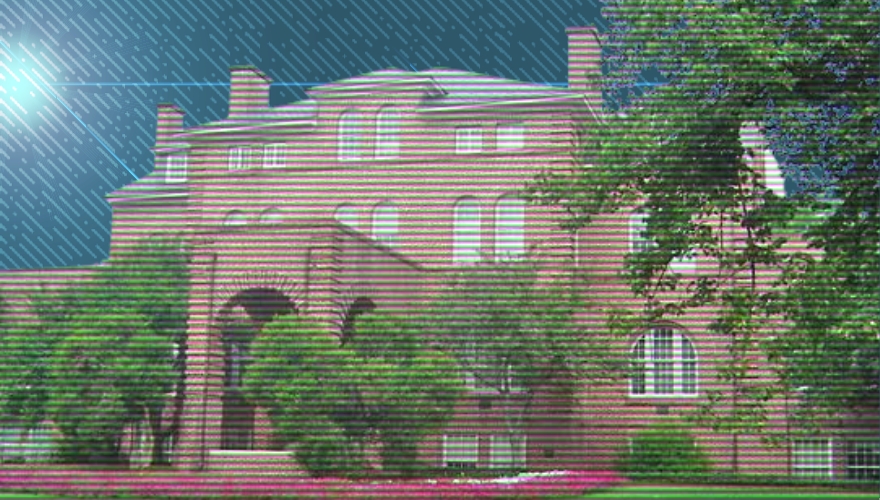A student at Princeton University in New Jersey claims conservative students are alienated by "puritanically progressive campuses" that express "scorched-earth politics."
Princeton University senior Adam Hoffman noted changes in political culture on college and university campuses in a New York Times op-ed.
Hoffman said old-guard college Republicans "idolized Ronald Reagan" and generally embraced the "status quo" in regards to political sophistication. He noted universities used to offer opportunities for conservative students to argue their positions and subsequently have them challenged in the public square as "politics were mostly separable from personal relationships." "Today’s campus conservatives embrace a less moderate, complacent and institutional approach to politics. Instead of belief in the status quo, many tend toward scorched-earth politics," Hoffman wrote of conservative students’ response to overwhelmingly liberal campuses. "They’re also the result of puritanically progressive campuses that alienate conservative students from their liberal peers and college as a whole."Loading...
"The distrust of authority, the protest and the disobedience that have characterized the left’s activism over the past half-century or so have arrived on the right," the Princeton student wrote. "The American universities that once served as moderating finishing schools have become breeding grounds for conservative firebrands."
"The new progressive students were less tolerant of heterodox ideas and individuals. Demands to rescind invitations to speakers seemed to spike," Hoffman wrote, citing social psychologist Jonathan Haidt who suggested the political transformation occurred when Generation Z entered college campuses in 2014. "The terms ‘microaggression’ and ‘trigger warning’ made it into everyday campus parlance."
Hoffman cited how a Princeton lecturer’s laissez-faire approach to Halloween costumes ignited a "firestorm."
"For those on the right, the experience is alienating. The typical American’s views on gender ideology or American history are often irrelevant to his or her day-to-day life," Hoffman continued. "But for the conservative college student, life is punctuated by political checkpoints."
Classes may begin with requests for “preferred pronouns” or “land acknowledgments.” Moreover, “A student who jokes about the wrong subject might face social punishment. All students should welcome challenges to their most cherished beliefs, but from what I’ve seen on campus, students are not invited to debate; they are expected to conform."
"And those who challenge liberal pieties can face real repercussions," the Princeton student wrote, noting college students who faced repercussions for expressing "unpopular [opinions]" contrary to typical liberal university rhetoric.
"Sometimes young conservative agitators are dismissed, cynically, as attention seekers or opportunists," Hoffman continued, referencing "negative consequences" of conservative students engaging in activism on campus and in persona and professional life which "far [outweighs] any benefit that they might incur."
"Most conservatives report censoring themselves during their college years."
Hoffman said "pervasive progressivism" doesn't "encourage conservative students to change their views," but rather emboldens them. He cited a 2017 Washington Examiner article in which one student said "aggressive leftist culture on campus made [her] a more radical conservative because [she] only had two options: abandon [her] beliefs and conform, or fight back."
The Princeton student further noted a personal friend and recent graduate who claims she "embraced a conservative political identity" after facing backlash from classmates.
“I couldn’t bring nuance to the conversation about police brutality,” Hoffman's friend reportedly said.
"Formative years at elite institutions that have gone woke are convincing right-leaning students and heterodox thinkers that society’s most august institutions … are fundamentally broken and need to be set on a different path," Hoffman concluded. "If colleges don’t want to produce a new generation of conservative firebrands, they need to pump the brakes on campus progressivism."
"Campuses that are more welcoming to conservatives are in universities’ own interest."

